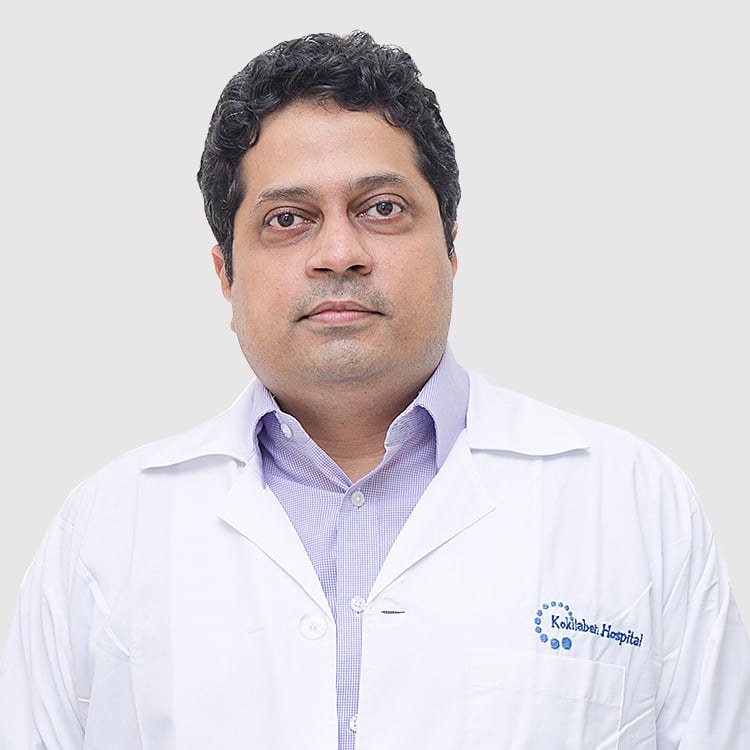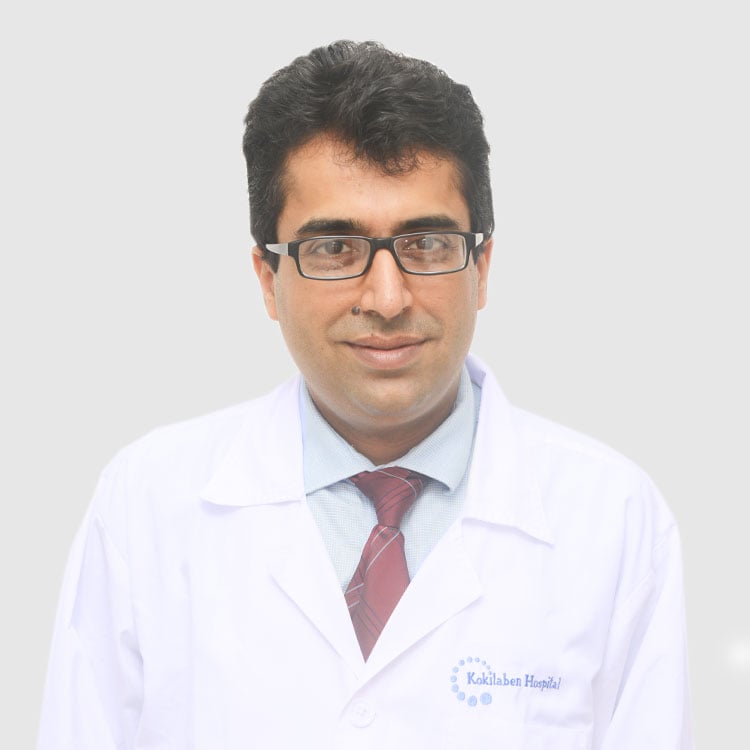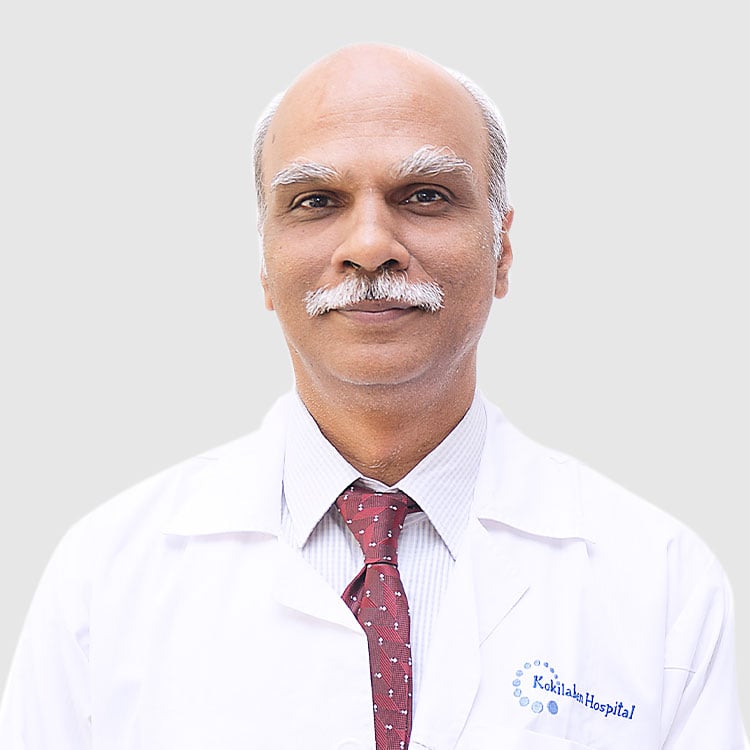For most people, a tummy ache is just that. A simple tummy ache. Its something we tend to take very casually. But, on occasion, a stomach ache can be indicative of a far more serious problem - digestive track complications, colitis and even cancer. Tackling these conditions at an early stage ensures you a better chance of survival. In cases involving colonic cancer and colitis, timely intervention can save the lives of 70-80% of patients. So, make it a point to visit your doctor regularly for check-ups.
Colorectal cancer starts in the colon or the rectum. These cancers can also be named colon cancer or rectal cancer, depending on where they start.
Stage I: Cancer has grown through the mucosa and has invaded the muscular layer of the colon or rectum.
Stage II: Cancer has grown through the wall of the colon or rectum
Stage III: Cancer has grown through the inner lining or into the muscle layers of the intestine and spread to one to three lymph nodes
Stage IV: Cancer has spread to different organ like lungs, bones, liver, lymph nodes, brain or spinal cord.
The incidence of colonic cancer and colitis in India is steadily on the rise. These diseases can have serious, if not fatal, consequences if not caught in time. Thus, regular check-ups are essential.
Regular check-ups help detect diseases early and the data acquired allows the doctor to make informed treatment decisions which may or may not include pouch surgery, laparoscopy surgery, advanced surgery or minimally invasive surgery. We have provided more information on the various treatment options below.
Kokilaben Hospitals Colorectal Unit believes in a multi-disciplinary approach to treat and manage colorectal complications. Our modern services include one-stop rectal bleeding clinic, family screening for bowel cancer, stoma clinics, IBD clinics for patients with inflammatory bowel disease, enhanced recovery programme.
Robotic + Laproscopy, Research performed routinely for Colorectal Cancer at Kokilaben hospital.
Should you observe any of the following symptoms, please refer to a specialist immediately.
Colitis affects young patients, making diagnosis quite difficult and, sometimes, this leads to a delayed diagnosis. As a result, patients may end up with a permanent stoma (bag for life).
Haemorrhoids (piles) are a very common problem which affects 1 in 3 people in India. Invasive surgery can be more painful than having piles. This is why we, at Kokilaben Hospital’s Colorectal Unit, offer minimally invasive treatment for piles, depending on the stage.
Fissures and fistulas can be very painful. Traditional invasive surgery of these conditions carries the risk of incontinence. Kokilaben Hospital’s Colorectal Unit offers the latest treatment which uses botox in order to heal fissures faster. This unit also offers a new, innovative treatment option for fistulas which uses fistula plugs. Both these surgeries can be performed as day surgeries.
Incontinence, both faecal and urinary, is still a taboo subject in India. It is very common in ladies who have gone through difficult childbirth (labour) in the past. The results of surgery are poor and the risks are significant.
At Kokilaben Hospital, the Colorectal Unit offers highly specialised incontinence services. The team consists of a colorectal surgeon, physiotherapists and incontinence nurse specialists. This unit is equipped to handle both minor as well as severe incontinence problems.We also offer laparoscopic rectopexy for rectal prolapse. This procedure has the lowest recurrence rates. It is less painful and has faster recovery rates.
We are the first unit in India to offer implantation of a pacemaker, like the one used in the heart, to treat different types of incontinence. This technology is very new and has received excellent results in the UK and USA.
Day surgery
Kokilaben Hospitals Colorectal Unit believes in a multi-disciplinary approach to treat and manage colorectal complications. The modern services we offer include:
| Stage I | 95 per cent |
| Stage II | 75 per cent |
| Stage III | 60 per cent |
| Stage IV | 30 per cent |
Background and diagnosis : A 45-year-old male complained about bleeding from the rectum. We diagnosed him and found other symptoms bothering him like anaemia, fatigue, shortness of breath, dizziness and/or a fast heartbeat, bowel obstruction, small diameter stools and weight loss. Additional tests confirmed cancer of the rectum.
Treatment : At our hospital, laparoscopic colon and rectal cancer surgery is the standard of care. The recent addition of precision, ease and three-dimensional vision in state-of-the-art robotics helped us perform a successful surgery. We applied this technology for precise resection of a rectal tumour for the first time in Mumbai.
Outcome : The tumour was successfully removed and the patient had a normal postoperative recovery.

Breast Oncology & G I Oncology

Cancer, Robotic Surgery, General Surgery, Minimal Access Surgery
Laparoscopic/ Robotic Colorectal Resections for Cancer, inflammatory Bowel disease, Pelvic Floor Surgeries, All types of Surgeries for Haemorrhoids and Fistula

Cancer, Robotic Surgery, General Surgery, Minimal Access Surgery
Minimal Access Gastrointestinal /Colorectal cancer surgery, Pancreatic and biliary surgery, Restorative proctocolectomy with Ileal pouch, Minimal access Surgery for Reflux disease, Nissens fundoplication